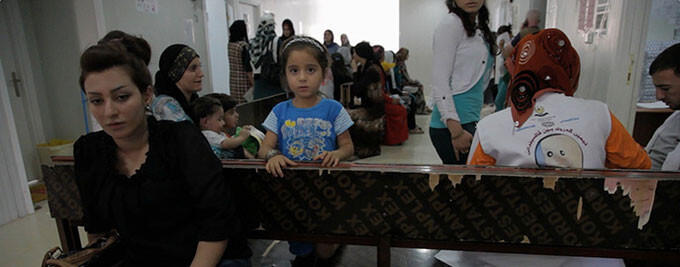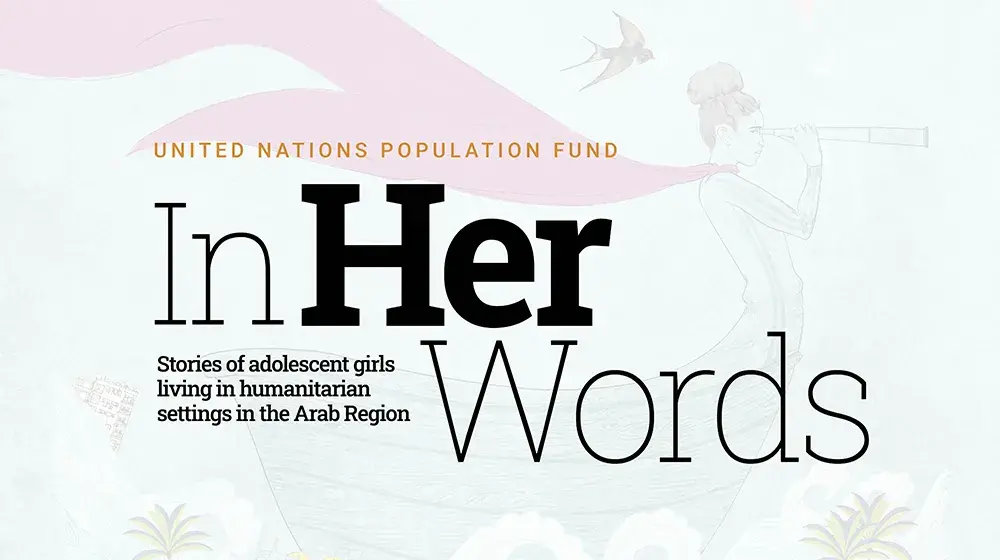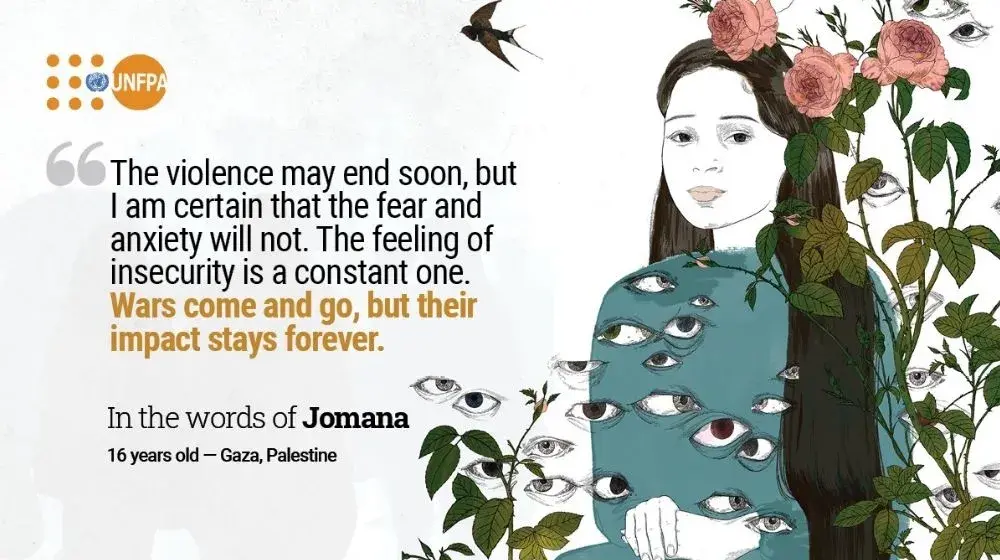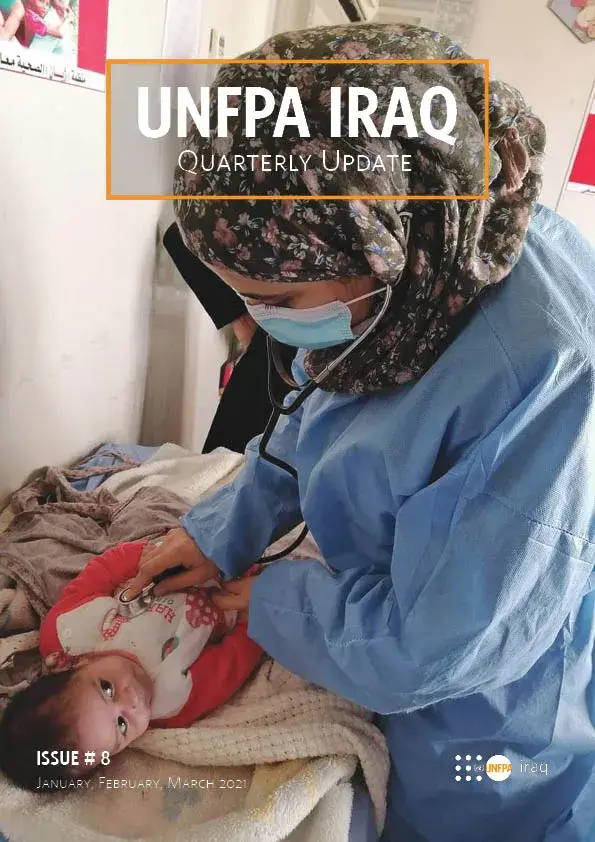UNITED NATIONS, New York – UN officials have declared the humanitarian crisis in Iraq a “Level 3 Emergency,” the highest-level emergency designation. Over a million people have been displaced by violence, and many more are at risk, with hostilities limiting access to essential services.
The humanitarian needs are growing rapidly. “The size and pace of the crisis [have] overwhelmed local communities, particularly in Duhok Governorate,” said the most recent situation report by the UN Office for the Coordination of Humanitarian Affairs (OCHA).
UNFPA has distributed thousands of dignity kits, containing hygiene supplies, to families in Duhok, where tens of thousands of families are displaced. Among them, it is estimated up to 19,000 women could be pregnant.
With support from a donation from Saudi Arabia, UNFPA has deployed mobile clinics and distributed medical supplies, providing antenatal, maternal and safe delivery care to displaced Iraqis.
But the conditions are taking a toll on expectant mothers. Fatima, a pregnant woman in Garmawa camp, in Ninewa Governorate, asked UNFPA, “If I give birth, where will I put the baby in all this heat?”
Gender-based violence on the rise
There are increasing reports of rape and other violence against women and children, according to the OCHA report. Survivors are in urgent need of medical and psychosocial support.
UNFPA is scaling up its medical and psychosocial assistance for survivors of violence. Mobile psychosocial teams have been deployed in displacement sites, and these services are being integrated into health, maternity clinics and community services.
UNFPA is also supporting outreach for women and youth. Safe spaces for women are being established, as are youth-friendly spaces for adolescents.
Syrian refugees
Duhok Province also remains home to tens of thousands of Syrian refugees, who have fled the protracted crisis in their own country. UNFPA is working around the clock to meet their needs, as well.
UNFPA-supported programmes are providing psychosocial care for refugee survivors of trauma and gender-based violence. Violence against women and girls is tragically commonplace among refugees as well.
“When he punched me, I didn’t think anyone could hit someone so hard,” Miriam, a Syrian refugee, told a social worker at the Yasmin Women’s Social Centre, UNFPA-supported centre in Iraq. Miriam was discussing her husband’s abuse, which has been unrelenting since she first married him, at age 16.
UNFPA is providing her with both counselling and legal advice as she files for divorce.
UNFPA-supported programmes are also providing medical assistance, maternal and delivery services to the refugee population.





